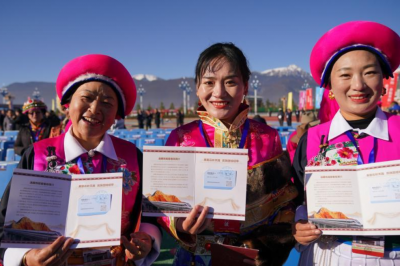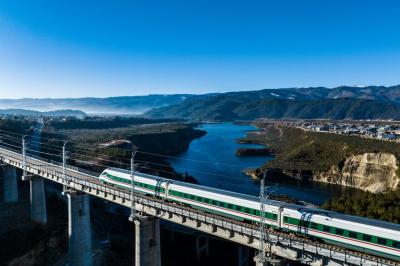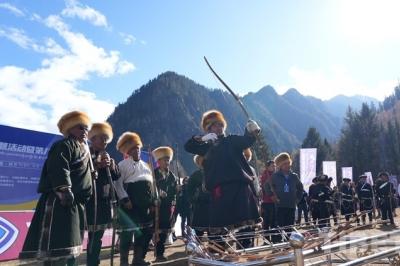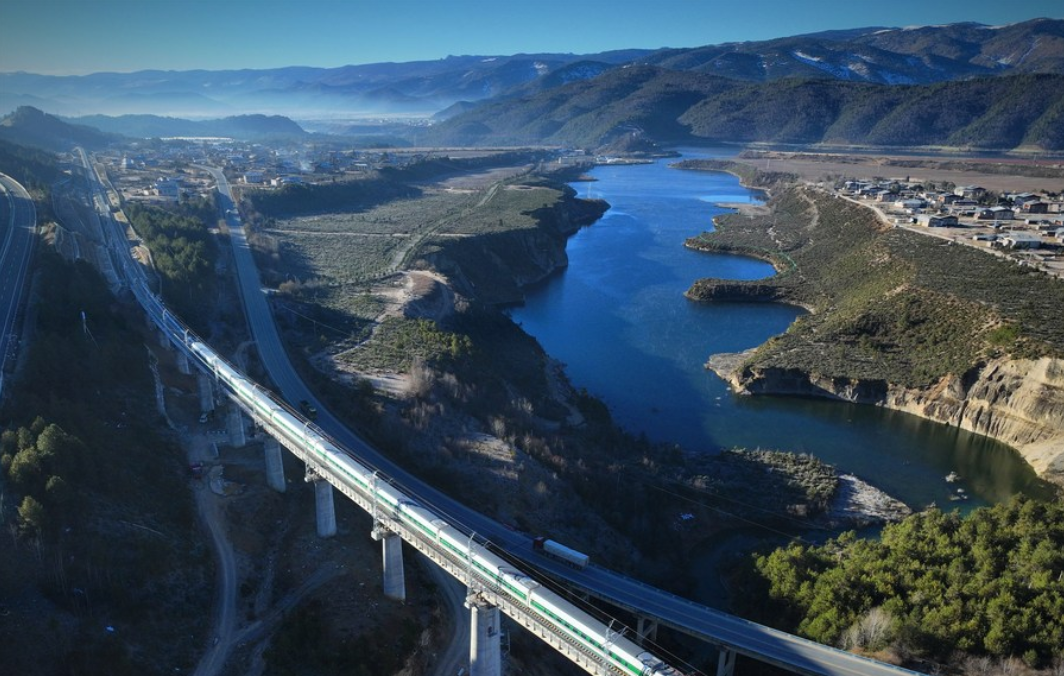| July 1,2019--Desertification prevention and control project is a social public welfare undertaking, which is not only an important basis for protecting cultivated land and improving land quality, but also an inevitable way to improve people's living conditions, promote sustainable economic and social development in sandy areas and increase farmers and herdsmen's income.
In recent years, Lhasa has actively implemented desertification prevention and control projects, which has further alleviated and reversed the desertification trend year by year, controlled soil and water loss, significantly reduced hazards of sand storms, continuously improved the ecological environment, promoted rapid development of green industry, and achieved remarkable results in the desertification prevention and control.
Because of the large control area, high difficulty in controlling, insufficient investment and other problems, some sandy land has not been controlled in Lhasa City. According to the survey, along the high-grade highway of Lhasa-Konggar Airport is located at the foot of the mountain slope along the Lhasa River. Due to the significant difference of precipitation amount in dry and wet season and the geographical location, the mountain in this area is seriously desertificated, with a large number of ridge-shaped or crescent-shaped dunes and dune chains. Meanwhile, the mountain desertification area along the high-grade highway of Lhasa-Konggar Airport is also the dense area and key area for residents' living and activities. Land desertification and sand blowing in this area pollute local farmers and herdsmen's living environment, reduce their income and quality of lives, aggravated the reduction of arable land, grassland degradation and production decline, and cause a variety of hazards to animal husbandry and crop production. After many on-site investigations and discussions, Lhasa implements a mountain desertification control project along the high-grade highway of Lhasa-Konggar Airport, with an area of about 513 hectares this year.
The mountain desertification control project along the high-grade highway of Lhasa-Konggar Airport has a construction period of 1 year and a management and maintenance period of 5 years. The project is located in the jurisdiction Quxu County, Airport New District and Liuwu New District of Lhasa City. The construction project mainly includes three major projects: desertification control project with biological measures (arbors, shrubs and grasses planting), desertification control project with physical and chemical measures (grass grid, sand barrier, fence, drought resistance and water conservation), and desertification control project with supporting water conservancy (motor-pumped well).
Tree species of the project are mainly local tree species, including arbors, shrubs and herbs. At present, infrastructure construction is being carried out, namely: drilling wells, laying pipelines, building pools, preparing seedlings, and leveling the site. The afforestation during the rainy season is planned to be carried out from July to August this year. The project will effectively control about 513 hectares of sandy mountains along the high-grade highway of Lhasa-Konggar Airport, reduce hazards of mountain desertification, improve the regional mass production and living environment, optimize regional ecological security pattern, enhance the landscape function along the route, improve the regional ecological system, as well as promote balanced, coordinated and sustainable development of Lhasa's ecology, people's livelihood and economy.
"In addition to improving the ecological benefits, Lhasa's anti-desertification project has also achieved remarkable economic benefits, promoting the transformation of the production mode and the adjustment of industrial structure in the sand area," says Jigme, project head of Lhasa Forestry and Grassland Bureau. At present, the work of preventing and controlling desertification in Lhasa is still in full swing. The living environment and wildlife habitat environment have been improved, the "double growth" of forest area and forest coverage rate have been achieved, and the desertification areas have been decreased.
By:Zhi Xinghua, Zhu Nan |
- Home
- News Tibet |Exclusive |China |World |Related News |Latest
- Documents White Papers |Others
- Photo Politics |Economy & Society |Culture & Religion |Human & Nature |Beautiful Tibet |Other Tibetan-Inhabited Area |Exchanges |Related
- Video News |Documentary |Micro-Video |Entertainment
- Art
- Tourism
- In Focus
- About Tibet






